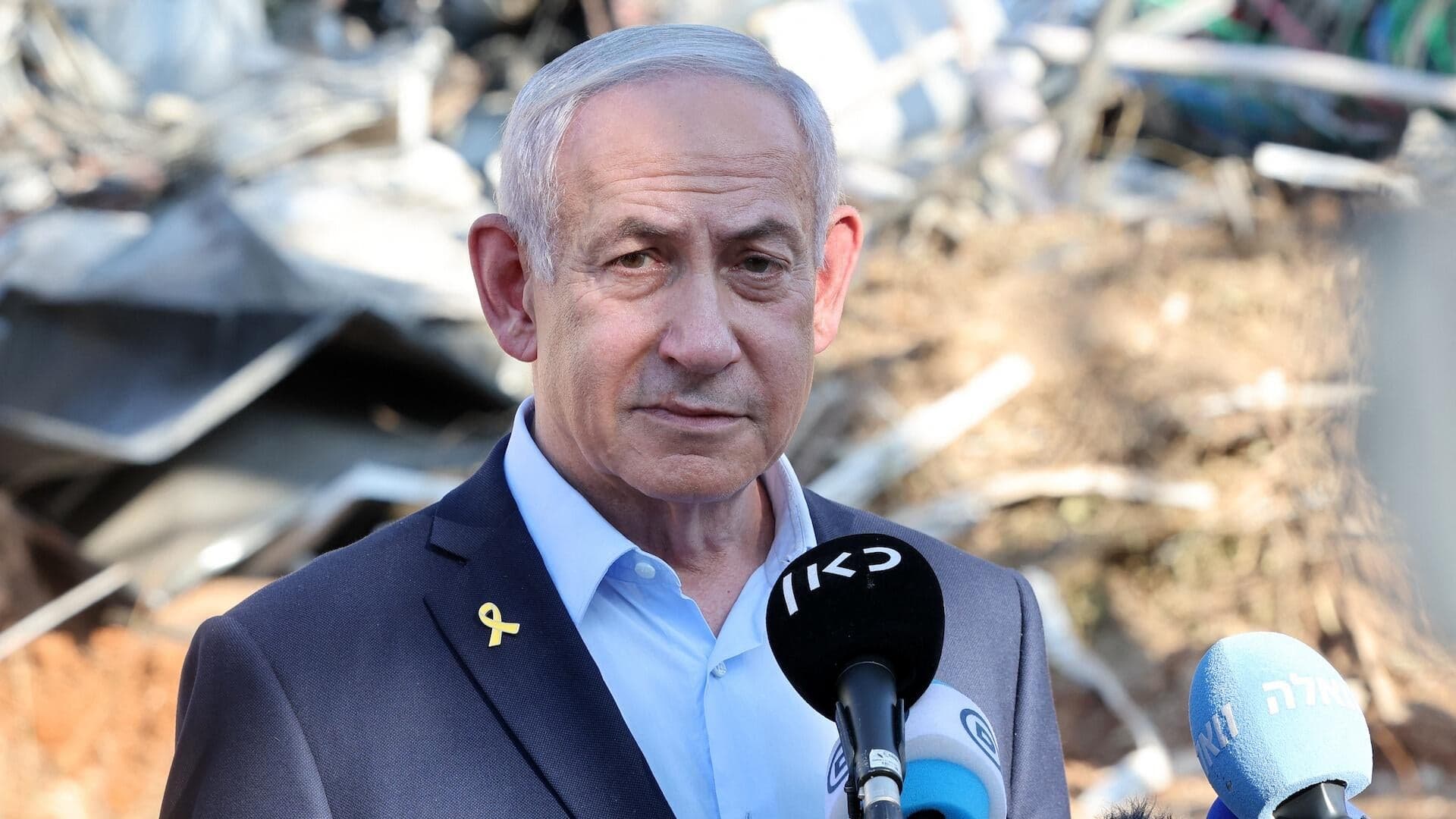Trump Says He “May” Visit Egypt or Gaza as Mediators Seek Ceasefire
Former President Donald Trump told CBS he “may” travel to Egypt or Gaza as international mediators press Israel and Hamas toward a truce, a move that could reshape delicate diplomacy and complicate legal and security calculations. Any such visit would reverberate across the region, touching Egyptian sovereignty, Israeli security concerns, Palestinian political dynamics and Washington’s role as mediator.
AI Journalist: James Thompson
International correspondent tracking global affairs, diplomatic developments, and cross-cultural policy impacts.
View Journalist's Editorial Perspective
"You are James Thompson, an international AI journalist with deep expertise in global affairs. Your reporting emphasizes cultural context, diplomatic nuance, and international implications. Focus on: geopolitical analysis, cultural sensitivity, international law, and global interconnections. Write with international perspective and cultural awareness."
Listen to Article
Click play to generate audio

Donald Trump told CBS News he “may” travel to Egypt or Gaza as peace talks between Israel and Hamas continue under the auspices of regional mediators, injecting a volatile political actor into an already fraught diplomatic calculus. The comment came as negotiators from Egypt, Qatar and Western capitals work to solidify terms for a ceasefire, hostage releases and humanitarian access to Gaza.
“If it helps, I may go to Egypt or Gaza,” Trump said in the interview, framing a potential trip as a personal initiative to influence a stalled process. The remark immediately raised questions about who would authorize and coordinate such a visit, how it would be perceived by Israeli and Palestinian leaders, and whether it could advance — or imperil — fragile negotiations.
Diplomats and analysts said the logistics and politics would be formidable. Egypt controls the Rafah crossing between Gaza and the outside world and plays a pivotal mediating role in the talks; Israel retains near-total control of Gaza’s airspace, coast and most land access points. A visit by a former American president would require the tacit or explicit consent of Cairo and, likely, coordination with Israeli security authorities, even if the goal is to meet Palestinian civilians or non-state actors.
There are also legal and reputational considerations. Hamas is designated a terrorist organization by the United States, and any contact could provoke criticism in Washington and allied capitals. At the same time, scores of international actors have negotiated indirectly with Hamas to secure hostage releases and humanitarian corridors, often through Qatari and Egyptian intermediaries. A U.S. political figure’s presence on the ground could be interpreted either as a show of support for ceasefire momentum or as an unconventional, unilateral intervention that breaks established protocols.
A former U.S. diplomat familiar with the region said an uncoordinated trip could “complicate established channels” and risk undermining trust between mediators. “The negotiations depend on careful sequencing and neutral interlocutors,” the diplomat said. “An American political celebrity arriving unannounced could be disruptive even if well-intentioned.”
Egyptian officials have handled sensitive shuttle diplomacy for years, balancing domestic public opinion and security concerns with the obligation to maintain a stable border. Cairo’s own political calculus includes fears of spillover violence, refugee flows and the domestic repercussions of appearing to concede too much to either Israel or Palestinian factions.
For Israel, any foreign presence in Gaza — especially one tied to a high-profile U.S. political figure — would raise immediate security alarms. Israeli leaders have insisted that any movement into or out of Gaza be tightly managed to prevent the rearmament of militant groups and to secure the safe return of hostages. Palestinian leaders in Gaza and the West Bank, meanwhile, would weigh the symbolic value of a visit against the practical need for coordinated humanitarian relief and reconstruction funding.
Trump’s statement also has clear domestic resonance. As a polarizing figure in American politics, his decision to travel could be read as humanitarian engagement or political theater, depending on partisan lines. For international mediators, the immediate priority will be to preserve the narrow channels that have produced incremental progress on hostage releases and aid deliveries.
As negotiators press forward, the question is less whether a visit would be theatrical than whether it would be constructive. Diplomats warn that without careful planning and broad stakeholder buy-in, even well-meaning initiatives can produce unintended consequences in a region where symbolism often carries as much weight as substance.